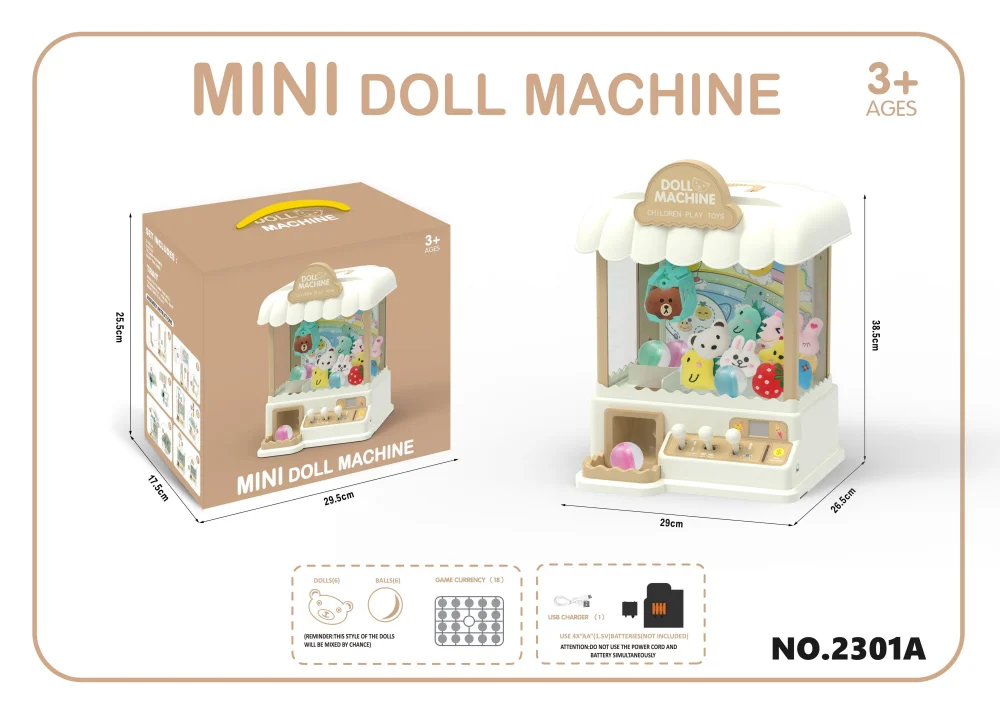Impact Wrench vs. Drill: Can You Use an Impact Wrench as a Drill?
3 min readWhen it comes to power tools, the impact wrench and drill are two of the most commonly used devices in both professional and DIY settings. Each tool serves its own unique purpose, but many users often wonder: Can I use an impact wrench as a drill? This question is not only relevant for those looking to maximize their tool investment but also for those who may find themselves in a pinch without the right equipment. In this article, we will explore the functionalities of both tools, their differences, and the feasibility of using an impact wrench as a drill.
Understanding the Tools
Impact Wrench:
An impact wrench is a powerful tool designed primarily for loosening and tightening fasteners. It delivers high torque output through a combination of rotational force and concussive blows, making it ideal for tasks such as removing lug nuts from vehicles or assembling heavy machinery. Impact wrenches come in various types, including pneumatic, electric, and cordless models, each suited for different applications.
Drill:
A drill, on the other hand, is a versatile tool used for creating holes in various materials, including wood, metal, and plastic. Drills can be equipped with different types of bits to accommodate various tasks, from drilling pilot holes to driving screws. The primary function of a drill is to provide consistent rotational speed and torque, which is essential for precision work.
Key Differences Between Impact Wrenches and Drills
- Torque Delivery:
- Impact wrenches deliver torque in short bursts, which is effective for loosening or tightening fasteners quickly. This makes them less suitable for tasks requiring a steady application of force.
- Drills provide a continuous and adjustable torque output, allowing for more control when drilling or driving screws.
- Speed Control:
- Most impact wrenches have limited speed settings, focusing instead on delivering high torque.
- Drills typically offer variable speed settings, enabling users to adjust the RPM according to the material and task at hand.
- Chuck Type:
- Impact wrenches usually feature a square drive for socket attachments, which is not compatible with standard drill bits.
- Drills have a chuck that can accommodate various drill bits, making them more versatile for different applications.
Can You Use an Impact Wrench as a Drill?
While it may be tempting to use an impact wrench as a drill, there are several factors to consider before doing so:
- Bit Compatibility:
- Standard drill bits cannot be directly used with an impact wrench due to the lack of a compatible chuck. However, there are adapters available that can convert the square drive of an impact wrench to accept drill bits. This allows for limited drilling capabilities.
- Material Limitations:
- Impact wrenches are not designed for precision drilling. Using one to drill holes in materials like wood or metal can lead to uneven holes, splintering, or even damage to the material. The concussive force generated by an impact wrench can also cause excessive wear on drill bits.
- Control and Precision:
- The lack of speed control in an impact wrench makes it challenging to achieve the precision required for drilling tasks. The sudden bursts of torque can lead to overdriving screws or damaging the workpiece.
- Application Suitability:
- If you find yourself in a situation where you need to drill a hole and only have an impact wrench available, it may work for larger holes in softer materials. However, for tasks requiring accuracy, such as pilot holes or fine woodworking, a drill is the better choice.
Conclusion
In summary, while it is technically possible to use an impact wrench as a drill with the right adapter, it is not advisable for most applications. The differences in torque delivery, speed control, and bit compatibility make drills far more suitable for drilling tasks. If you frequently find yourself needing both tools, consider investing in a quality drill to complement your impact wrench. This will not only enhance your efficiency but also ensure that you achieve the best results in your projects.


